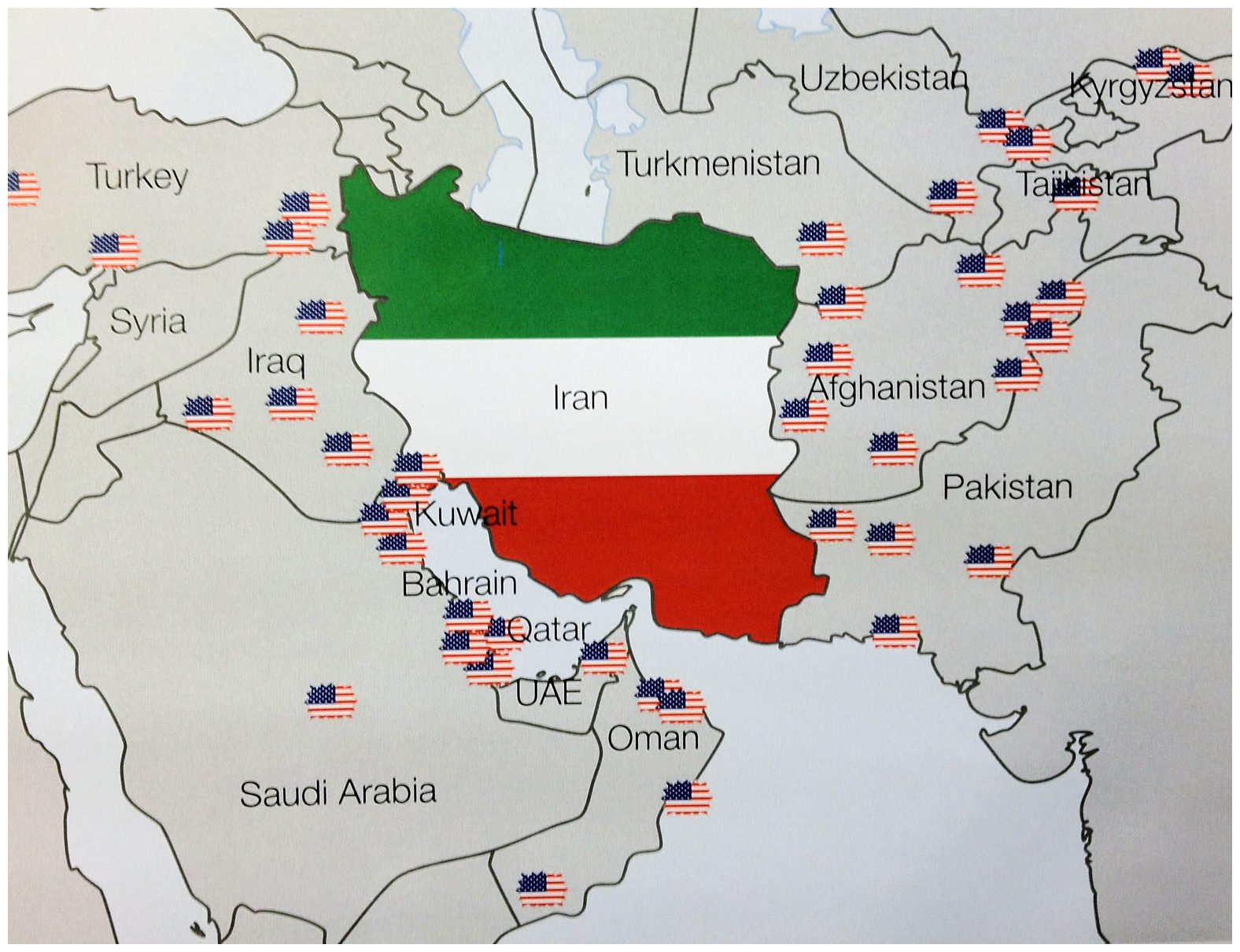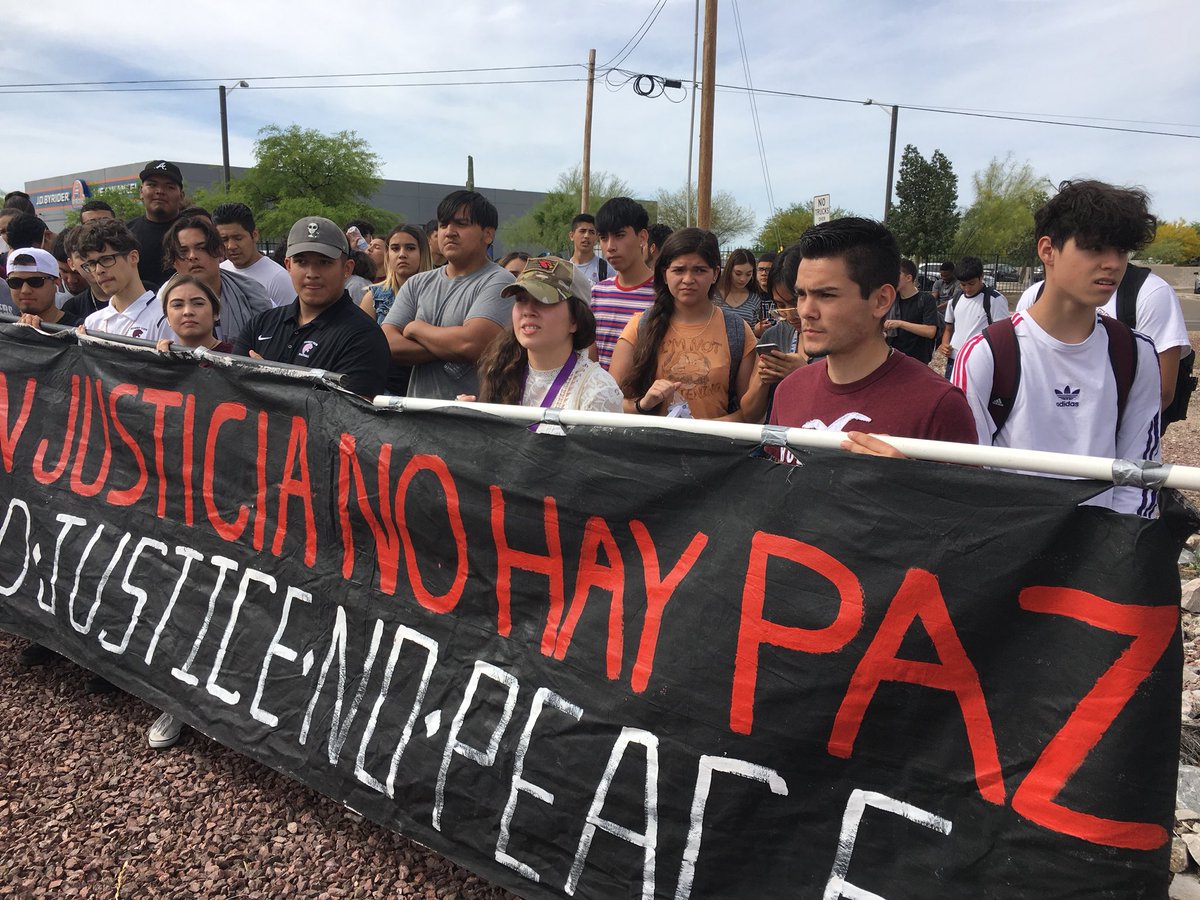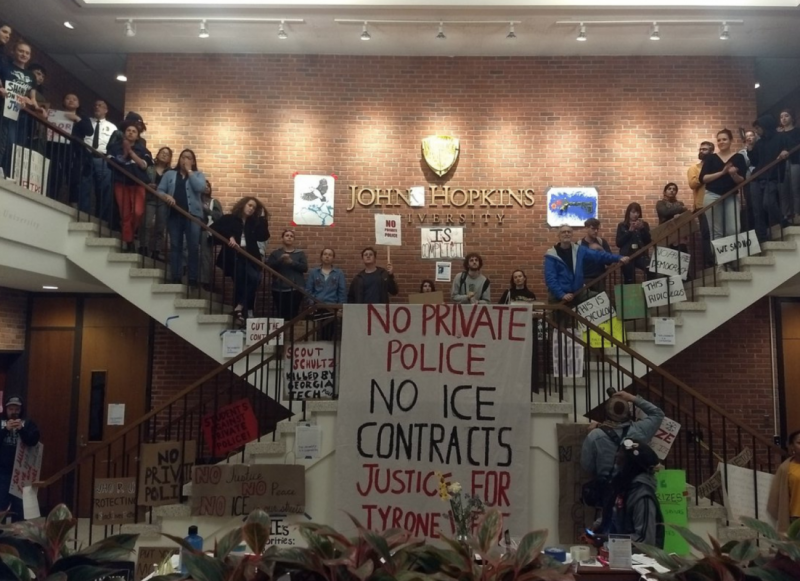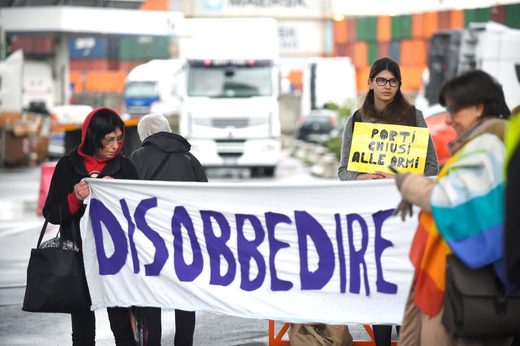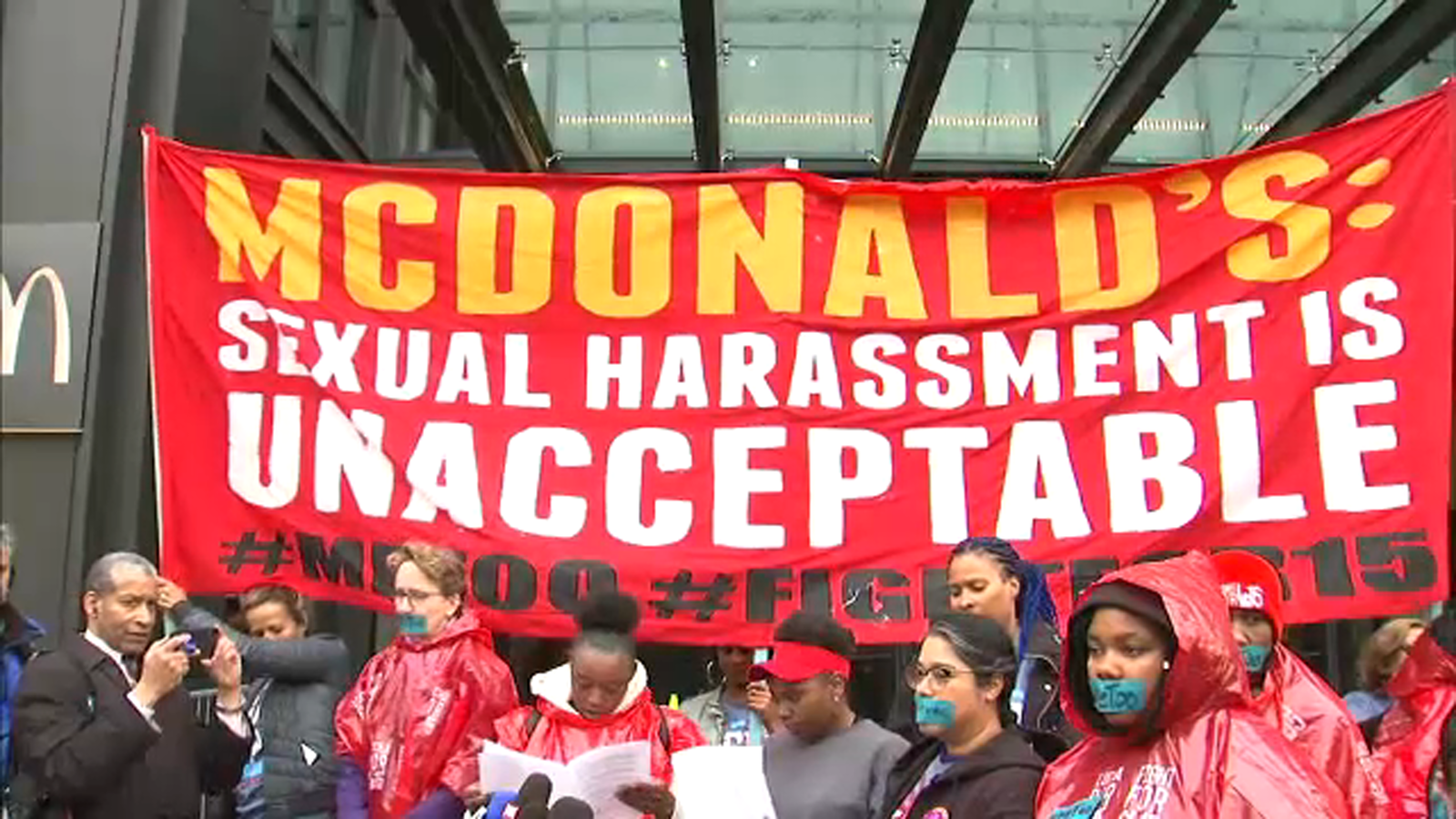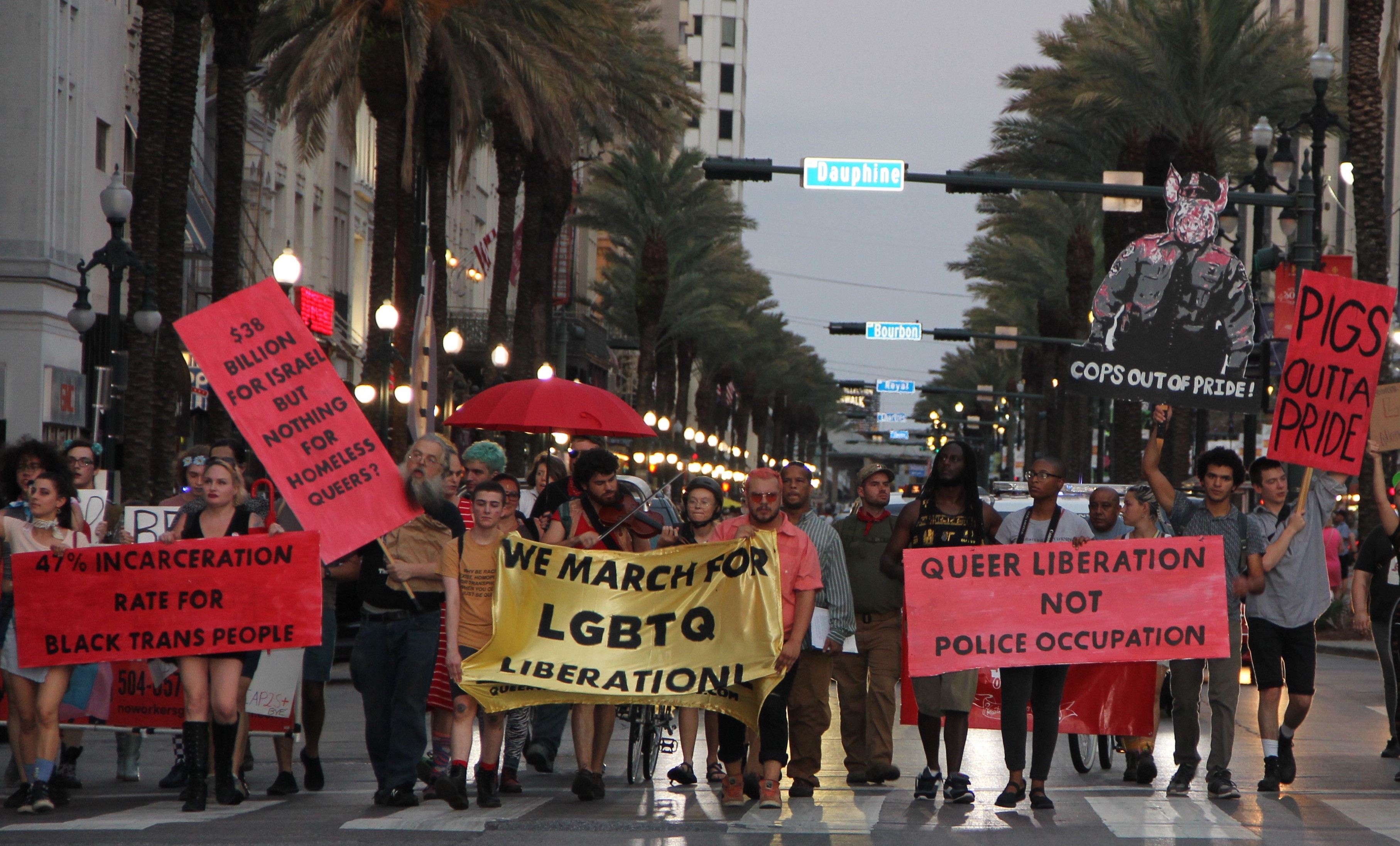
By Gregory William and Sally Jane Black
On June 28, 1969, the cops raided the Stonewall Inn in New York, and the mostly working class queer and trans people there fought back. For three days they fought, forcing the cops to withdraw. This was a small victory over the police, but that victory was won with blood and sacrifice. And it inspired the whole world.
Stonewall was an important moment of resistance because it brought working class LGBTQ people together to fight back, and in the wake of the rebellion, they began to organize. Within a week of Stonewall, a group known as the Gay Liberation Front (GLF) formed, naming themselves after the Vietnamese National Liberation Front. Taking cues from the civil rights movement, the women’s movement, the labor movement, the resistance around the world against imperialism, and especially from those who had been fighting for LGBTQ rights before them, the GLF and other organizations like Street Transvestite Action Revolutionaries (STAR) fought for the rights of LGBTQ people with militant action, collective visibility, and radical anti-capitalism.
Without the radical resistance that followed, ACT UP and other groups might never have forced the pharmaceutical corporations, the FDA and other government agencies to respond to the AIDS crisis at all. Without it, homophobic anti-sodomy laws might never have been struck down. Without it, our spaces would be raided more frequently, and our love would still be hidden away. Without it, many more of us would have died in the closet.
The rebellion at Stonewall and the radical organizing that came afterward were the birth of what is now known as Pride, but Pride no longer reflects this legacy. Instead of fighting the police, Pride celebrations often include them despite their role as our oppressors. Instead of being anti-capitalist, they have corporate sponsorships. Instead of taking inspiration from anti-imperialist movements, they celebrate the U.S. military that wages murderous wars for profit around the world.
The current administration has taken away many of our rights. Last year, the Trump regime released a memo instructing federal agencies to define gender strictly based on biology, effectively erasing trans people’s legal rights, and attempting to set up a DNA database to match people to their sex chromosomes. They also instructed them to reinterpret Title VII, the law that protects against employment discrimination, so that no protections would be extended to LGBTQ people at all. Now, three similar cases are going to the Supreme Court to determine if this reinterpretation will be upheld.
At the same time, cases have made it legal for businesses and healthcare professionals to refuse to serve LGBTQ people on religious grounds, and insurance companies and Medicaid have stopped covering trans healthcare needs–if they ever did to begin with. Furthermore, bathroom bills continue to be announced, anti-sex work laws that disproportionately affect LGBTQ people are being passed, murder and suicide rates of LGBTQ people are rising, and more.
This is no time to throw a party. This is a time to fight back.
These attacks are not fueled by religion or morality, but by the capitalist class’s growing fear of a united working class. As the economy continues to head toward crisis, the capitalists know that they are vulnerable. If a crisis occurs while the ruling class is not strong enough to fight back, the capitalist class will fall. Trying to divide us, they pass these laws and policies to scapegoat and criminalize LGBTQ people (just as they do with immigrants, women, prisoners, black people, indigenous people, etc.) They’re terrified that we workers will unite in our understanding that the greedy rich are the real criminals.
We will not be liberated unless we are united. We must stand in solidarity with one another against all of their attacks. There is no race or nation that does not include us. Attacks on immigrants, women, prisoners, and sex workers are attacks on LGBTQ people. Attacks on black, brown, and indigenous people are attacks on LGBTQ people. We must all stand together to protect our rights as workers.
The ruling class wants us to forget that everything we’ve won has been through our own blood and sweat. For this reason, they sometimes pander to us or take our slogans for their own—only as long as we don’t name them as the enemy. But we must fight for ourselves. We must organize and take to the streets if we have any hope of winning true liberation.
We know that it is possible to fight back and make change even in this period of deep reaction. If the wave of teacher strikes since 2018 has shown us anything, it’s that mass, collective organizing still gets the goods.
In 2018, the TransLatin@ Coalition in Los Angeles unfurled a massive banner reading “Trans People Deserve to Live” at the 5th game of the World Series at Dodger Stadium. They did this at personal risk to themselves and were escorted by security out of the stadium. This kind of in-your-face politics is a far cry from the tame corporate Pride events we have become used to.
And the militant spirit and tactics of LGBTQ rights groups like ACT UP are alive and well here in Louisiana. On May 15, activists from the New Orleans Abortion Fund, Women with a Vision, the New Orleans Workers Group and the New Orleans Peoples Assembly staged a “die-in” in the style of ACT UP at the Louisiana State Capitol, protesting the suite of anti-abortion legislation being pushed through by the legislature. These brave demonstrators have been slapped with bogus charges of disturbing the peace and criminal destruction of property, but they are persevering. This is the politics of militant confrontation that we need and can inject into the LGBTQ and other peoples’ struggles today.

